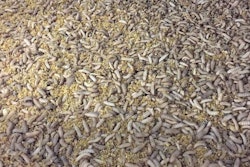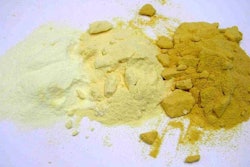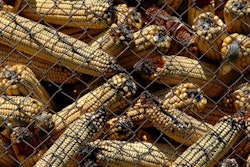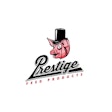Unibio and its partner and licensee Protelux are about to take a great leap forward producing alternative proteins from bacteria using methane as feedstock. In July, Protelux completed the construction of the plant located in Russia and the parties are testing the plant and expect to commission it by late 2018.
In May 2016, Unibio signed a license agreement with the intent to upscale and commercialize the Unibio U-loop technology in Russia allowing the conversion of methane into protein. Russia was chosen as an ideal site for such product as bacterial protein is historically known in the Russian market, as Russia has a well-developed compound feed industry, and there is access to an abundance of cheap natural gas. Now, a little more than two years after dry ink on the contract, the first plant is ready for testing and commissioning.
Unibio CEO Henrik Busch-Larsen states: “It has been an exciting process working on this project, and it had been a very steep learning curve. I’ve been the CEO of Unibio for six years, so naturally getting to the point where you see the fruit of the Unibio and Protelux teams’ labor in the shape of four huge U-shaped bio-reactors is quite satisfactory. Hard work is still in front of us in terms of getting the plant commissioned, but this is a very important milestone in the Unibio go-to-market strategy.”
This is just the beginning as the licensee has already reserved land for the future expansion. The land is situated in an industrial zone holding various international companies and where a lot of the necessary infrastructure is already present to support the project.
“We see this not just as a perspective investment into cutting-edge technology but as part of a bigger picture: a highly profitable industry of the local agricultural sector built from the ground up. The low cost of natural gas and electricity creates competitive advantages for Russia when it comes to the production of bio protein. We can expect this project’s EBITDA to be in the tens of percent. Our strategic goal is to secure its own source of locally sourced protein concentrate which is currently in very limited supply, for the Russian market,” said Protelux’ oversight board chairman Mikhail Serdtsev.
















